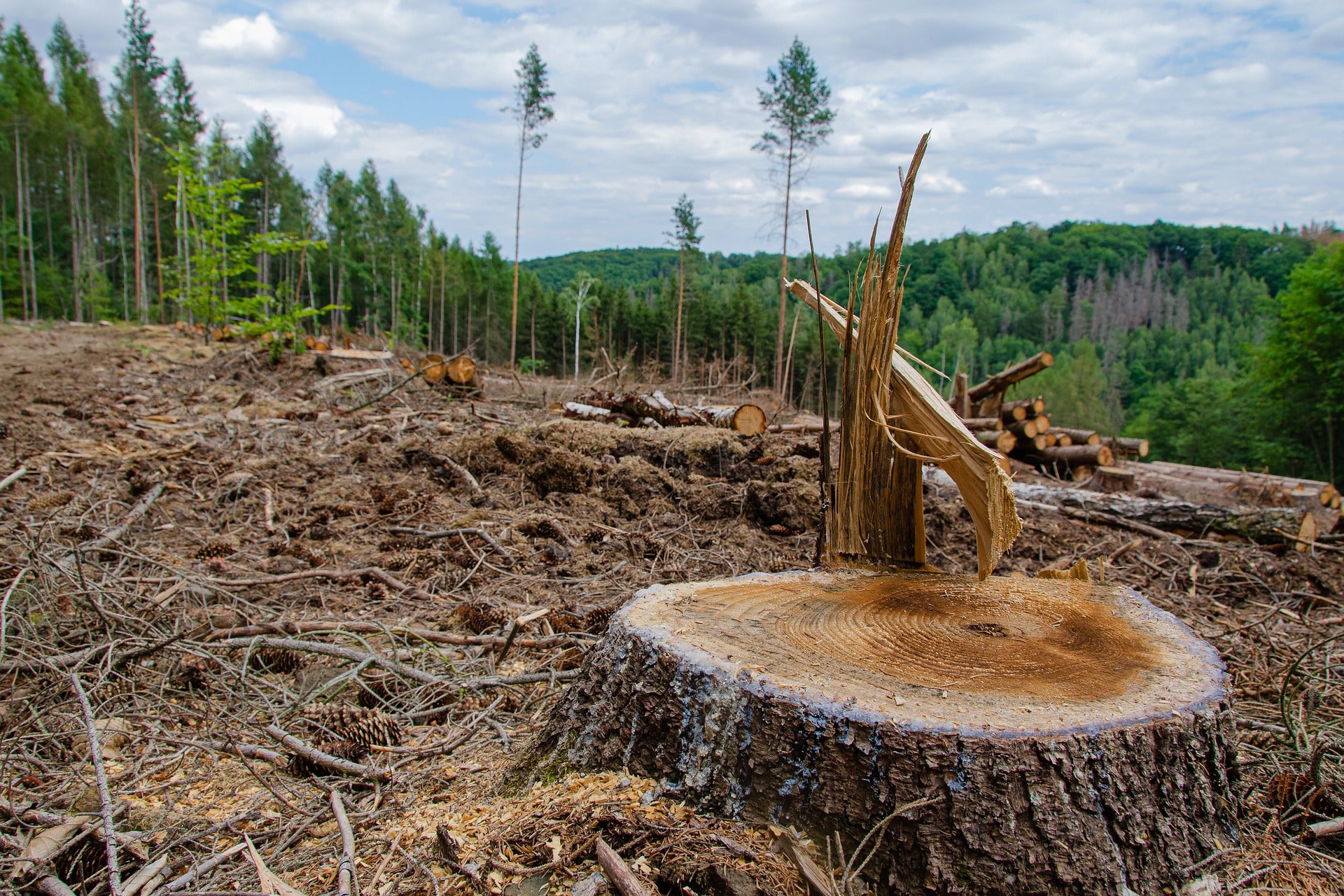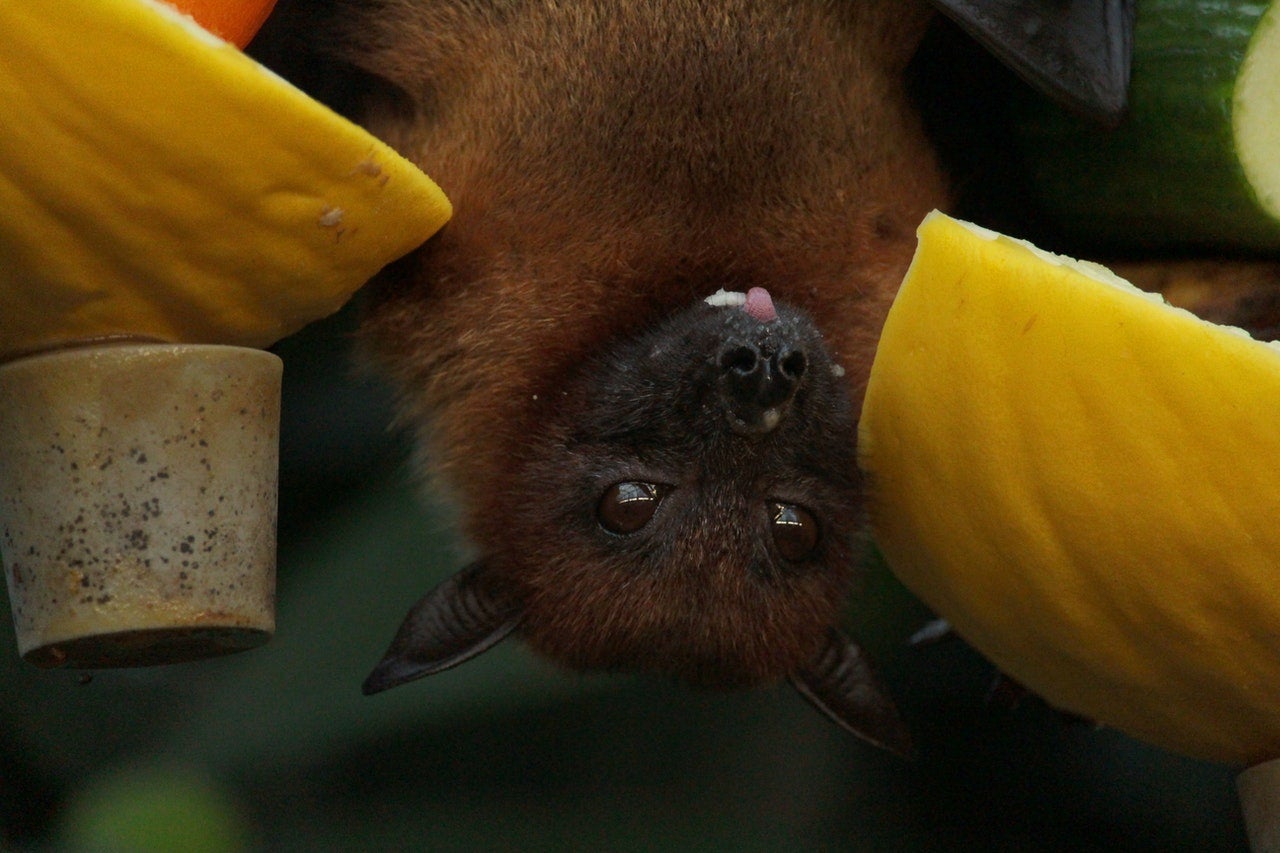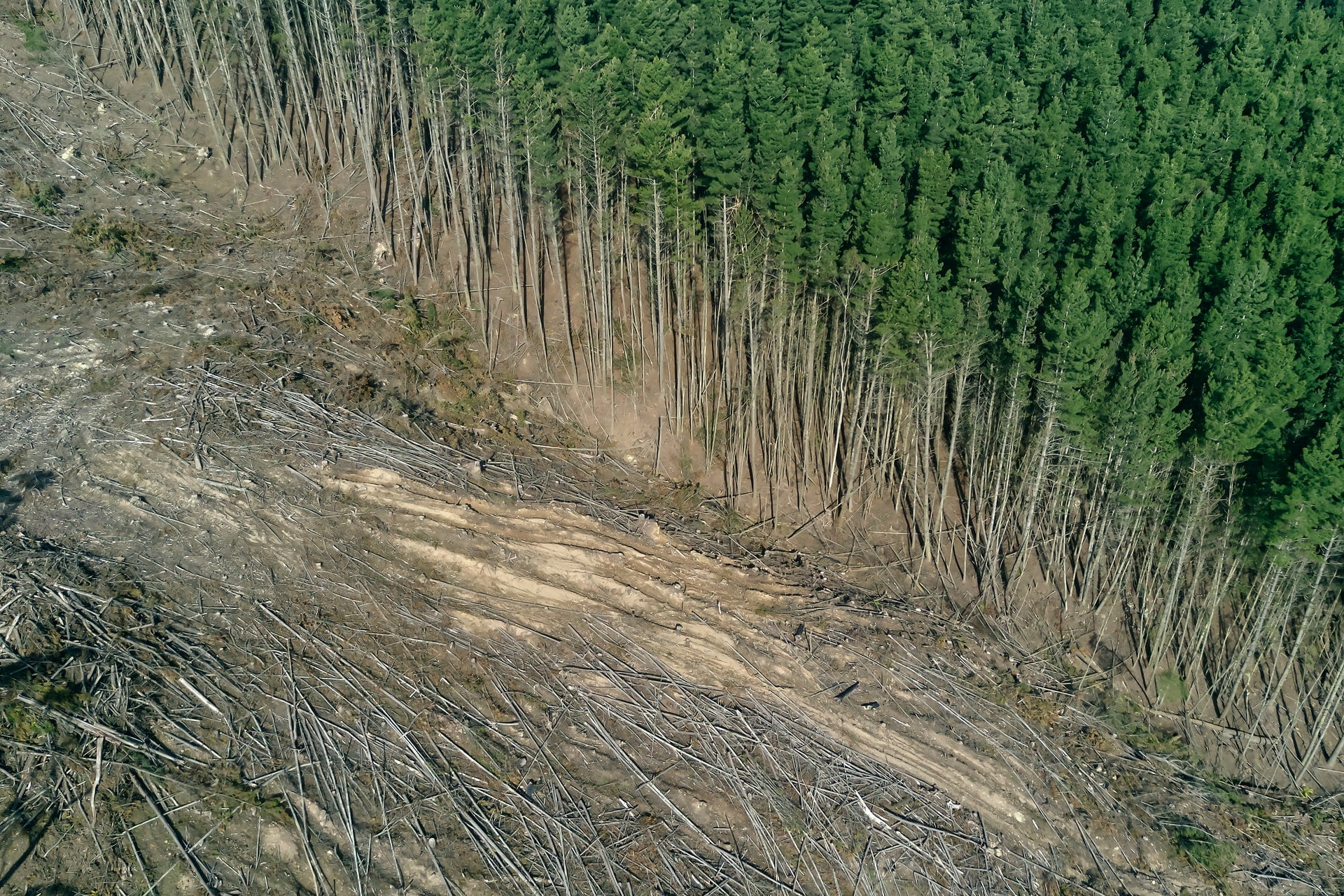A new report from Harvard and international experts outlines the strong scientific foundations for taking actions to stop the next pandemic by preventing the spillover of pathogens from animals to people. The report provides recommendations for research and actions to forestall new pandemics that have largely been absent from high-level discussions about prevention, including a novel call to integrate conservation actions with strengthening healthcare systems globally.
The report from the Scientific Task Force to Prevent Pandemics at the Source, a collaborative convened by Harvard Chan C-CHANGE and the Harvard Global Health Initiative, was led by our Director, Dr. Aaron Bernstein.
Key Takeaways
- Investments in outbreak control, such as diagnostic tests, drugs and vaccines, are critical but inadequate to address pandemic risk.
- Spillover of possible pandemic pathogens occurs from livestock operations; wildlife hunting and trade; land use change—and the destruction of tropical forests in particular; expansion of agricultural lands, especially near human settlements; and rapid, unplanned urbanization. Climate change is also shrinking habitats and pushing animals on land and sea to move to new places, creating opportunities for pathogens to enter new hosts.
- Investments in sustainable agriculture and in the prevention of crop and food waste are critical to reduce biodiversity losses, conserve water resources, and prevent further land use change while promoting food security and economic welfare.
- Healthcare system strengthening and One Health are essential to jointly advance conservation, animal and human health, and spillover prevention.
- Previous research by Dr. Bernstein and colleagues found that the costs of preventing the next pandemic—by reducing deforestation and regulating the wildlife trade—are as little as $22 billion a year, 2% of the economic and mortality costs of responding to COVID-19.
Additional recommendations for investments and research include:
Investment priorities
- Conserve tropical forests, especially in relatively intact forests as well as those that have been fragmented.
- Improve biosecurity for livestock and farmed wild animals, especially when animal husbandry occurs near large or rapidly expanding human populations.
- Establish an intergovernmental partnership to address spillover risk from wild animals to livestock and people from aligned organizations such as FAO, WHO, OIE, UNEP, and Wildlife Enforcement Networks.
- In low- and middle-income countries, leverage investments to strengthen healthcare systems and One Health platforms to jointly advance conservation, animal and human health, and spillover prevention.
Research priorities
- Establish which interventions, including those focused on forest conservation, wildlife hunting and trade, and biosecurity around farms, are most effective at spillover prevention.
- Assess the economic, ecological, long term viability and social welfare impacts of interventions aimed at reducing spillover. Include cost-benefit analysis that considers the full scope of benefits that can come from spillover prevention in economic analyses.
- Refine our understanding of where pandemics are likely to emerge, including assessments of pandemic drivers like governance, travel, and population density.
- Continue viral discovery in wildlife to ascertain the breadth of potential pathogens and improve genotype-phenotype associations that can enable spillover risk and virulence assessments.
Related Materials
The findings laid out in this report will be translated into international policy recommendations to inform the G20 summit in October 2021 and the 26th United Nations Climate Change Conference (COP26) in November 2021.
Authors
-
- Dr. Wande Alimi, Antimicrobial resistance (AMR) and One Health Program Coordinator at Africa Centres for Disease Control and Prevention, Africa Union
- Dr. Aaron Bernstein, Task Force Chair; Interim Director, Center for Climate, Health, and the Global Environment, Harvard T.H. Chan School of Public Health; Faculty Lead, Climate Change and Health Initiative, Harvard Global Health Institute; Pediatrician, Boston Children’s Hospital
- Dr. Jonathan Epstein, Vice President for Science and Outreach, EcoHealth Alliance
- Dr. Marcos Espinal, Director of Communicable Diseases and Environmental Determinants of Health, Pan American Health Organization
- Dr. Manish Kakkar, Senior Public Health Specialist, New Delhi, India
- Dr. Deborah Kochevar, Professor, Biomedical Sciences and Dean Emerita Cummings School of Veterinary Medicine, Senior Fellow, The Fletcher School at Tufts University
- Dr. Guilherme Werneck, Professor of Epidemiology at the State University of Rio de Janeiro









